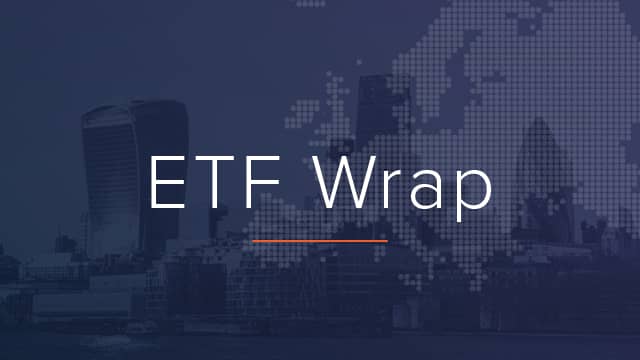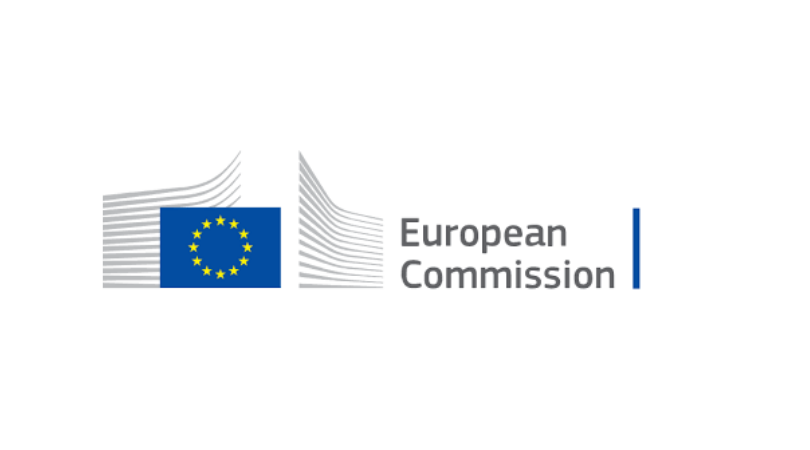New indices tend to boast stellar returns in hypothetical backtests but fail to match this form once funds launch to track them, according to research by Morningstar.
Based predominantly on backtest data, new indices outperformed their category benchmark by an average of 1.4% per year in the five years before the first fund launches to track the index. This alpha drops to just 0.39% the year after launch.
The report noted the median index out of 782 examined had 10.5 years of backtested performance data, however, the most populous grouping of 114 indices had less than two years of backtested performance, meaning the hindsight view offers no insight on how these benchmarks fare across style rotations and new central bank policy regimes.
Morningstar added much of the pre-fund-launch data is backtests rather than after index inception, meaning it is in a lab setting where rules can be retrofitted for a more flattering outcome.
In fact, the median time between index inception and fund launch was less than four months, with one in six indices live for under 30 days before being captured by a passive vehicle.
This means investors in new index funds and ETFs are relying on backtested data for new offerings, rather than a true measure of an index’s live performance.
This is particularly important given new benchmarks increasingly move away from classic beta to carve out new niches in thematic and smart beta investing, with naturally higher tracking error and often more concentrated baskets.
The report noted the average passive fund has gone form tracking 500 stocks in 1998 to fewer than 150 by the end of last year. In combination with a shift away from market-cap-weighting, new indices incur an average tracking error versus their category benchmark of 4% a year, resulting in increased active risk.
Such differentiated bets on particular investing styles or speculative future industries may be the preserve of challenger asset managers, however, investors would do well to question rose-tinted backward-looking performance, especially when much of the script on these indices was written after the fact.
Shelf-life bond ETFs
This week, BlackRock unveiled Europe’s first fixed maturity corporate bond ETFs targeting US dollar and euro-denominated credit expiring in December 2026 and December 2028, respectively.
The four ETFs are listed on the London Stock Exchange, Deutsche Boerse and Euronext Paris with fees of 0.12%. The euro credit strategies have a yield to maturity of 3.97% while the US dollar-denominated ETFs boast yields of 5.30% and 5.26%, respectively.
The new strategies enter BlackRock’s iBonds ETF range which debuted in the US in 2010 and amassed a combined $13.3bn inflows in 2022 and 2023, as at the end of July.
The ETFs allow more targeted duration plays on corporate bond issuance along with the ability to trade intraday like a stock and be as diversified as other ETFs.
Article 9 remains a no-man’s land
No ETFs were reclassified from Sustainable Finance Disclosure Regulation (SFDR) ‘light green’ Article 8 to ‘dark green’ Article 9 in Q2 despite the European Commission stating in April it considers products tracking Paris-Aligned (PAB) and Climate Transition (CTB) benchmarks to be sustainable investments.
While seven PAB index funds from Handelsbanken reclassified as Article 9 last quarter, asset managers remain cautious of the European Commission’s developing standards and policy environment after ETFs housing more than €50bn assets were forced to reclassify as Article 8 in late 2022 ahead of SFDR ‘level 2’.
While Article 9 products gained €3.2bn assets in Q2, Article 8 shed €14.6bn, it the worst quarter of asset gathering since the introduction of SFDR in March 2021, according to Morningstar.
ETF Wrap is a weekly digest of the top stories on ETF Stream






